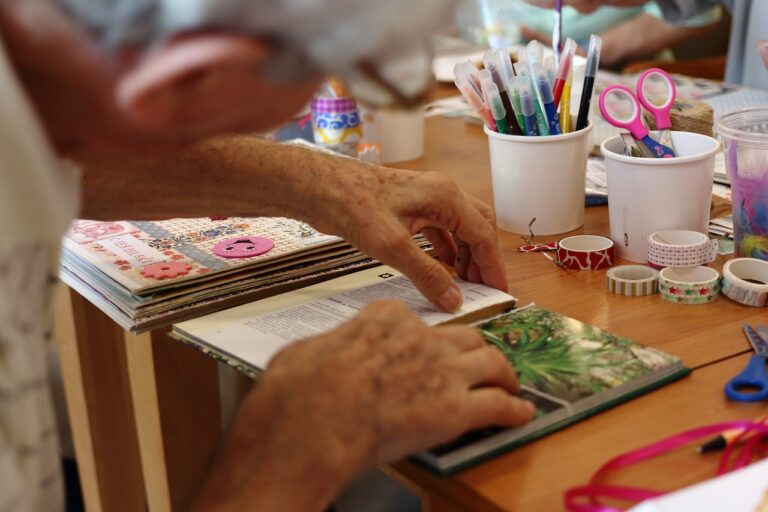Fostering Resilience Through Social-Emotional Learning Strategies and Initiatives: 11xplay pro, Diamondexch9, Sky exchange bet
11xplay pro, diamondexch9, sky exchange bet: Resilience is a crucial skill that allows individuals to bounce back from adversity and thrive in the face of challenges. Social-emotional learning (SEL) strategies and initiatives have been shown to be effective in fostering resilience in children and adults alike. By focusing on developing emotional intelligence, self-awareness, and interpersonal skills, SEL helps individuals build the mental and emotional tools they need to overcome obstacles and setbacks.
1. Building Emotional Intelligence
One of the key components of SEL is building emotional intelligence, which involves recognizing and managing one’s own emotions as well as understanding the emotions of others. By teaching individuals how to identify and express their feelings in a healthy way, SEL helps them develop the skills they need to navigate difficult situations with resilience.
2. Developing Self-Awareness
Self-awareness is another important aspect of resilience. By helping individuals become more aware of their strengths, weaknesses, and values, SEL enables them to cultivate a sense of self-confidence and self-assurance that can help them face challenges head-on.
3. Promoting Positive Relationships
SEL initiatives also focus on promoting positive relationships and effective communication skills. By teaching individuals how to build strong, supportive relationships with others, SEL helps them cultivate a sense of belonging and community that can bolster their resilience in times of need.
4. Teaching Problem-Solving Skills
Another key component of SEL is teaching individuals how to effectively solve problems and make decisions. By providing them with the tools they need to think critically and creatively, SEL helps individuals approach challenges with a proactive and resourceful mindset.
5. Cultivating Empathy and Compassion
SEL initiatives also emphasize the importance of empathy and compassion in building resilience. By teaching individuals how to understand and empathize with the experiences of others, SEL helps them develop a sense of connectedness and empathy that can help them navigate tough times with grace and understanding.
6. Encouraging Self-Care Practices
Finally, SEL initiatives often promote self-care practices such as mindfulness, relaxation techniques, and stress management strategies. By teaching individuals how to take care of their physical, mental, and emotional well-being, SEL helps them build the resilience they need to thrive in the face of adversity.
FAQs:
Q: How can I incorporate SEL strategies into my daily life?
A: You can start by practicing self-awareness and mindfulness techniques, engaging in active listening and effective communication with others, and seeking out opportunities to build positive relationships and support networks.
Q: Can SEL initiatives be effective in the workplace?
A: Yes, SEL initiatives can be highly effective in the workplace by promoting teamwork, collaboration, and emotional intelligence among employees. This can lead to increased productivity, job satisfaction, and overall well-being.
Q: Are there resources available for learning more about SEL strategies?
A: Yes, there are many resources available online and in books that can provide guidance on implementing SEL strategies in various settings, such as schools, workplaces, and communities.
In conclusion, fostering resilience through social-emotional learning strategies and initiatives is essential for building the mental and emotional tools individuals need to thrive in the face of adversity. By focusing on emotional intelligence, self-awareness, positive relationships, problem-solving skills, empathy, and self-care practices, SEL helps individuals develop the resilience they need to overcome challenges and build a brighter future for themselves and others.







